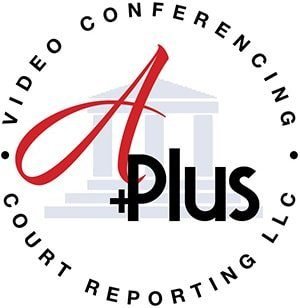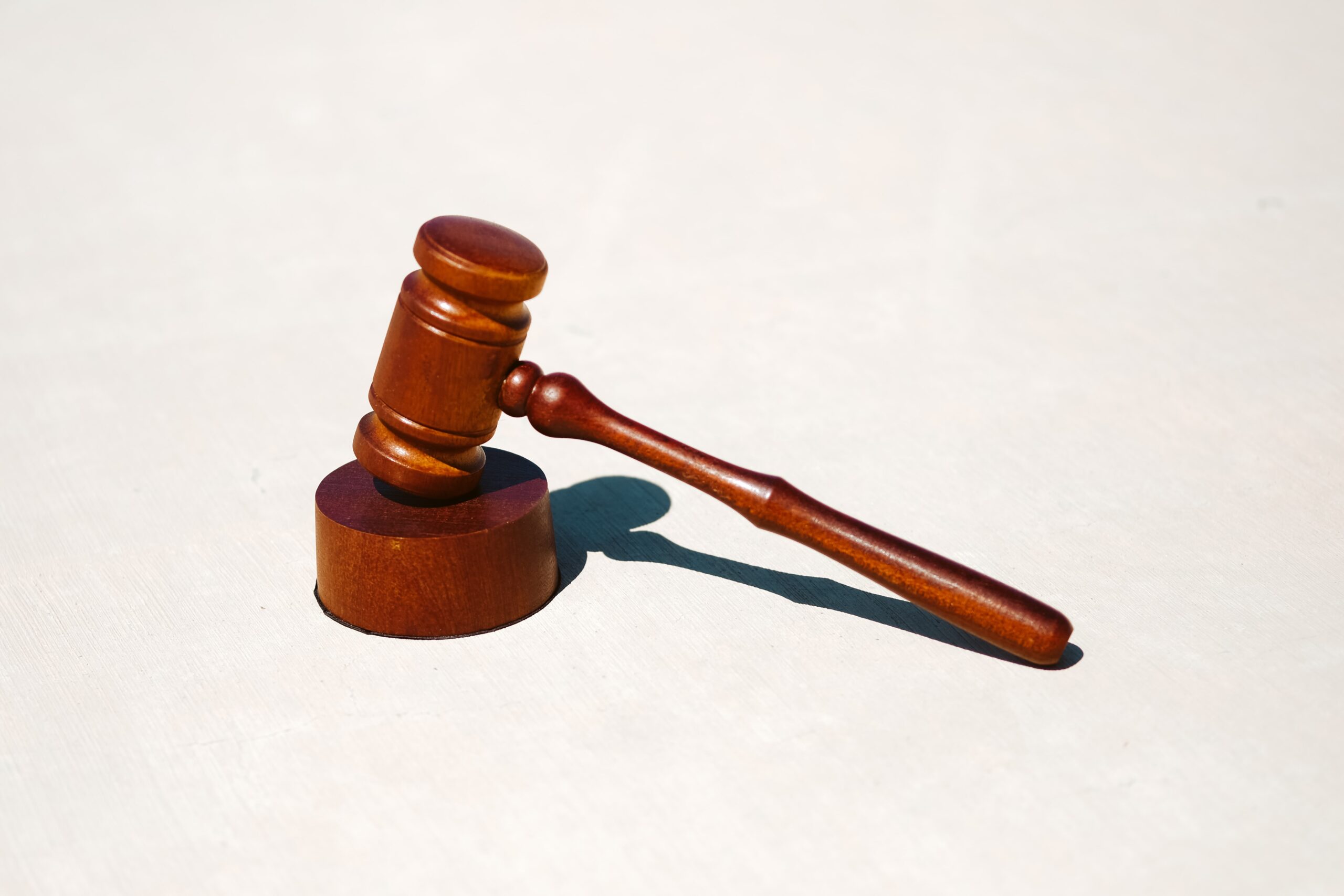As we enter the modern age of crimes and corruption, the demand for accurate courtroom reporting has skyrocketed. However, despite the popularity of legal transcription, there remain tons of misconceptions about the process. Let’s uncover them all in this piece of writing.
Is courtroom reporting the same as legal transcription?
People who aren’t “in the know” frequently mix up court reporting with legal transcription. Although there are numerous similarities between the two, there are also important variances.
A court reporter typically works in a courtroom, first. Their main duty is to record court proceedings. Within the legal system, a legal transcription specialist may work in a variety of circumstances. For instance, A Plus Court Reporting offers court reporting in Hartford by reporters who might type information like:
- 911 calls
- Legal conferences
- Wiretaps
- Phone conferences
- Observer interviews
- Hearings
- Depositions
- Jury guidelines
- Interrogations
Do court reporters use stenographs?
A stenograph is a device that a court reporter employs to produce a real-time transcription of the words uttered during court hearings. However, the same cannot be said for legal transcriptions. These often produce papers from pre-recorded video or audio recordings, even while court reporters are present throughout the proceeding. Generally speaking, a court reporter is used whenever a judge is present. Hence, he can use a stenograph for quick reporting of the proceedings.
Court reporters can only work in courtrooms
This is a myth that many people consider while thinking about reporting services. If truth be told, court reporters can be employed anywhere, including television studios and hotels. One of the most prevalent myths about court reporting is that you spend all of your time in the courtroom. Daily courtroom work is done by some court reporters. This is not true. The majority of court reporters, however, work every day in various locations. Outside of courtrooms, they record hearings, depositions, trials, arbitrations, and other legal proceedings.
Additionally, court reporters offer communication access for the deaf and hard of hearing in lecture halls and other public venues. They also perform real-time captioning for live television broadcasts.
A court reporter can operate in the following places:
- courtrooms
- legal offices
- classrooms
- stadiums and auditoriums
- homes
- the background of live events
- housing studio
- hotels and conference facilities across the world
A court reporter is available wherever speech-to-text conversion is required.
Technology may replace court reporting companies in the future
We all probably know how tedious it is to talk to an artificial intelligence assistant using our phones or smart TVs. Let alone the proper communication, the various inaccuracies pose a challenge for such technologies. And in the case of court, where every piece of testimony and every word spoken matters, technology can be a risky counterpart.
Furthermore, humans don’t speak in a monotone, perfectly enunciated stream. Some of the witnesses speak erratically or with speech difficulties. Others might have dialectics that are challenging for a machine to accurately read. Also, distance and technical difficulties may taint or destroy crucial testimony.
This signifies that technology may never replace courtroom reporters or reporting companies in the future.












